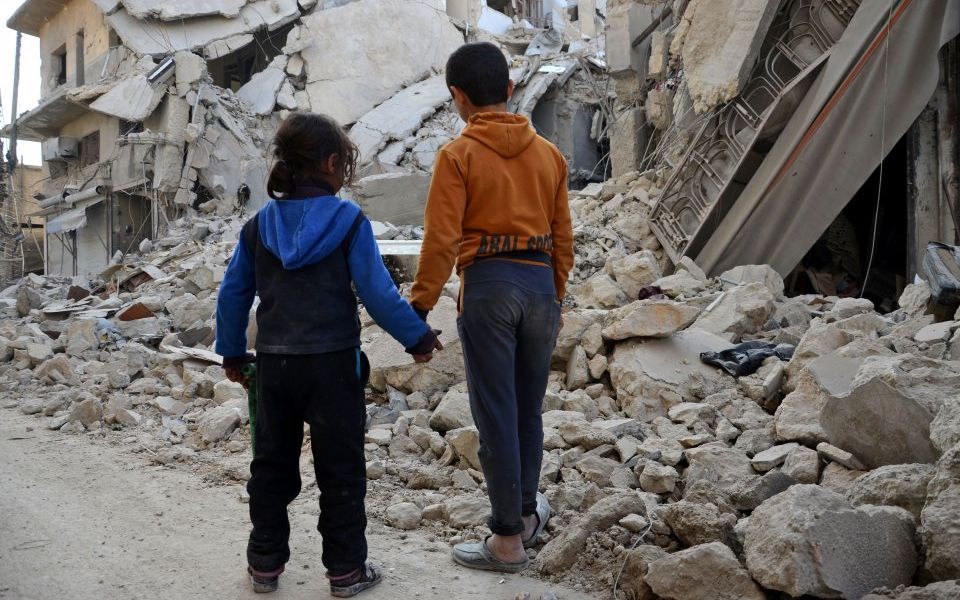How one charity is reclaiming the dreams of children

Since players of People’s Postcode Lottery started supporting War Child in 2013 and helping us realise our vision for a world where no child’s life is torn apart by war, we have more than doubled the number of children we are supporting—from 62,236 to 144,400—whilst maintaining high-quality services to respond effectively to children’s needs.
We’ve also scaled up our efforts to lobby world leaders to improve the situation for young people living in conflict across the globe.
War Child wouldn't be able to deliver life-changing work in the war-ravaged countries where we work without the support and dedication of partners like People’s Postcode Lottery.
People’s Postcode Lottery funding model is unique, they realise the value of flexible funding and provide long-term support.
Funding is 'unrestricted', meaning it doesn't have to be used to support a pre-defined project. This is rare. But it's vital for us.
It enables us to operate as an effective charity. We can respond immediately to emergency situations. We can deliver sustainable, quality programmes. And we can invest in our growth, allowing us reach more and more children affected by conflict.
Funding in the humanitarian system is mostly sustained by ‘restricted’ donations. This is where the money must only fund a very specific programme.
However, for charities like War Child, who operate in unstable countries and can’t always predict when and where conflict will break out, there needs to be funding that allows the charity to be flexible and responsive.
We believe that children need help, access to education and support to overcome the trauma of their experiences as soon as possible. Waiting for restricted grants to be allocated by funders leaves too many children without the support they so desperately need for too long.
Recently War Child was able to provide child protection during the upsurge of violence in the Kasai region of the Democratic Republic of the Congo. Thousands of children got separated from their families when fleeing from violence. War Child worked to meet their essential needs including protection, providing temporary foster care families and safe spaces, psychosocial support and schooling or professional training.
More recently War Child has been able to respond to the new violence in southern Syria, which has seen hundreds of thousands of Syrians forced to cross the border near Daara. War Child case workers reached the border within days of the violence breaking out and will be mobilising a response as soon as possible.
The other crucial aspect of unrestricted funding is using donations to reach even more children. Some of this funding is used to employ specialist fundraisers who will turn every pound into many more. Lastly, unrestricted funding allows War Child to advocate for change to help children beyond our programmes. Our report; Reclaiming Dreams, created in partnership with and sponsored by People’s Postcode Lottery highlights the need for mental health provision for children affected by war. War Child will be continuing this work and continue advocating for better mental health and psychosocial support for all children affected by war.